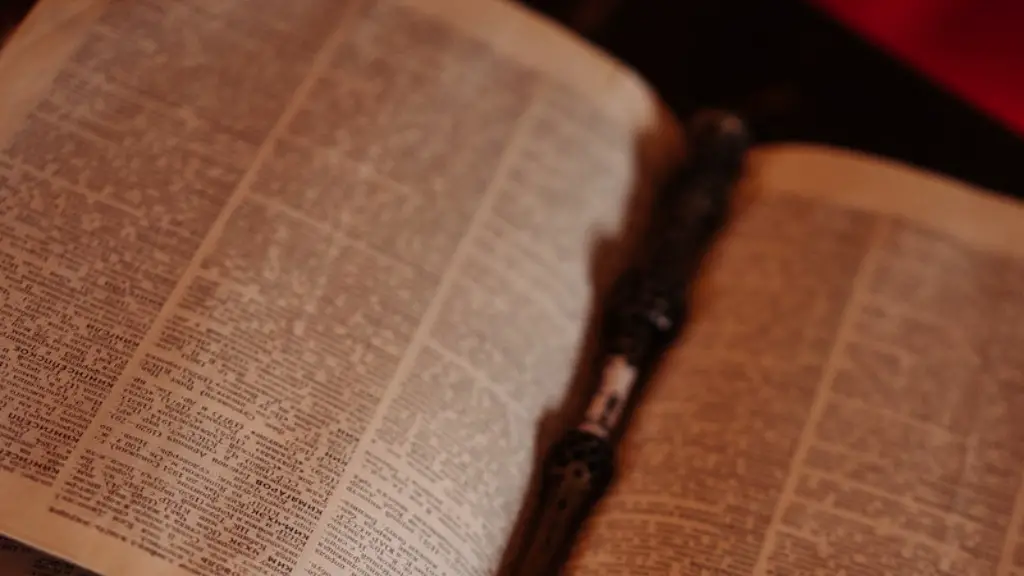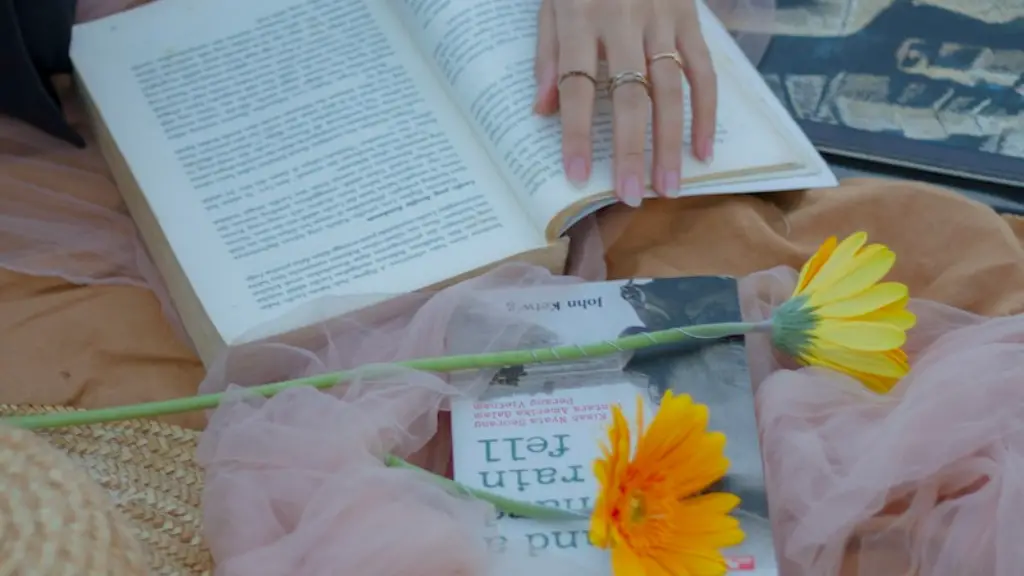Planning
Writing a poem can be one of the greatest joys in life. You get to express your thoughts, feelings, and emotions in a creative way. Even so, it can be difficult to write a good poem if you don’t know what you are doing. Fortunately, there are some tips and tricks that you can use to make your poem better.
Content
The first thing to do when writing a poem is to plan out your content. Start by picking a theme or topic. It should be something which you hold a deep interest in, and feel passionate about. Brainstorm a few ideas that you can write about and develop a structure for your poem. Gather some sources of inspiration. Observe how nature and your surroundings look and feel. This can help you come up with some lines and metaphors to use in your poem.
Rhythm and Rhyme
Once you have come up with a content plan and ideas, you need to make sure that your poem has a good rhythm and rhyme. Rhythmic patterns can add a unique element to your poem, making it easier for the reader to follow. Rhyme helps create a certain mood and atmosphere. It is important to find the right balance between rhyme and having too much of it.
Techniques
It is also important to use various techniques to make your poem more interesting and meaningful. These techniques include alliteration, enjambment, personification, imagery, and much more. Using these techniques is a great way of expressing yourself, and bringing your poem to life.
Review
Once you have finished writing your poem, it is important to review and edit it. Read it out loud to get a good feel for how it sounds, and make sure that you are satisfied with it. Making changes and additions to your poem can help it become even better. Have someone else read your poem, and get their feedback. This will help you to understand how your poem will be interpreted by the audience.
Passion
The main factor that should be present in all of your poems is passion. Even if you lack in some of the technical aspects of poetry, if you are passionate about your topic, your poem will come alive. Writing with passion will make your poem more meaningful and memorable.
Limitless Possibilities
Writing poetry gives you the opportunity to explore your emotions and thoughts. With a topic in hand, there are limitless possibilities on how to develop your poem. Don’t be afraid to experiment and think creatively. As you write more poems, you will get better and be able to write even more interesting and captivating pieces.
Tools & Resources
Utilize the tools and resources that are available to you. Poetry magazines, blogs and forums are great places to find inspiration and advice. A lot of websites offer free writing assistance and tips. You can also join poetry classes or workshops to learn more about writing poetry.
Attitude
Being positive and having the right attitude is essential when it comes to writing poetry. Even if you hit a wall in the process and feel like giving up, remember that every obstacle can be overcome, and you’ll be able to get back into the flow soon enough.
Persistence
Persistence is key to achieving success in poetry writing. Don’t be afraid to spread your wings and experiment with different techniques. Writing poetry can be frustrating and difficult, but with determination and practice, you will be able to write better and better poems each time.
Inspiration
Be inspired by great poets, and let their works inspire you. Read classic and modern poetry, and pay attention to techniques used by these authors. With continued work, you will be able to refine your own style and create unique and captivating poetry.
Motivation
The road to success isn’t always an easy one. To stay motivated, remember why you are writing poetry. Think of close friends and family members who have been inspired by your poems. Your readership will keep increasing if you stay passionate and continue writing.
Self Evaluation
When you are done writing a poem, it is important to evaluate yourself and look at the areas in which you can improve. Critique your own work and think of what you can do differently next time. Take both the positive and the negative feedback and use it to fuel your creativity.
Conclusion
If you take the necessary steps, such as planning your content, utilizing techniques, reviewing and editing, and staying motivated and passionate, you will be able to write better and better poetry with each attempt. With practice and dedication, you can become a great poet.



